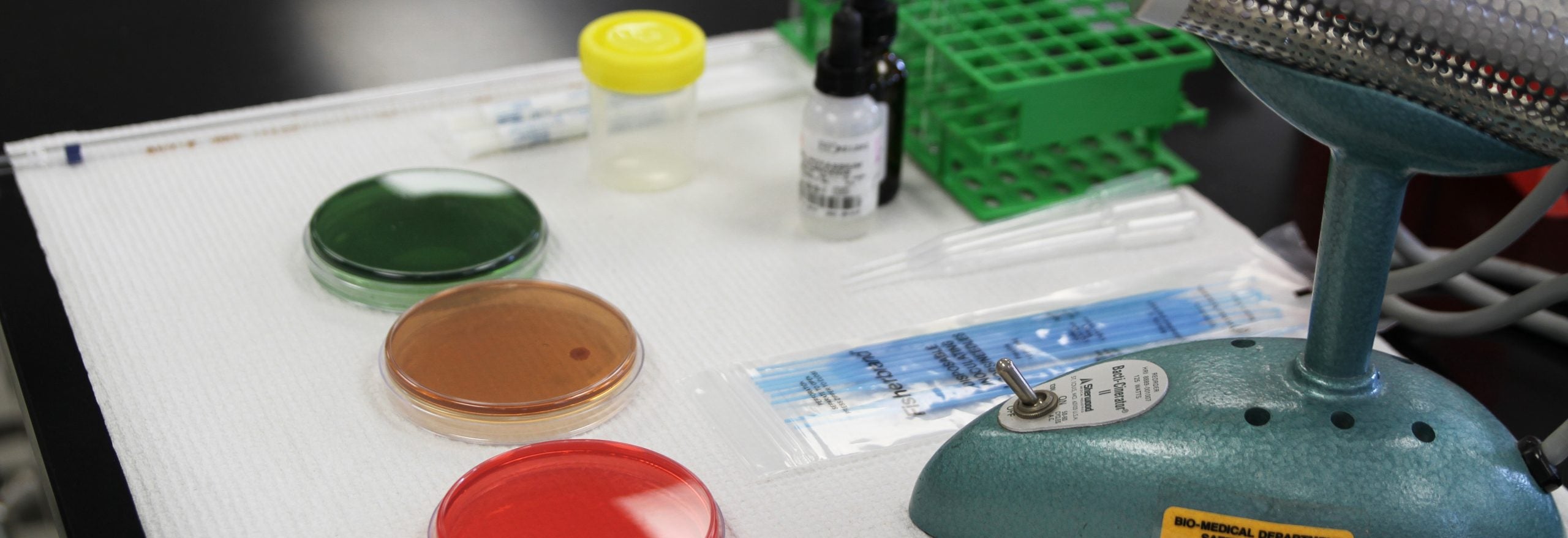Career Options
Career Options
Upon graduation, most medical laboratory scientists (MLS) begin their career in an acute care or community hospital. They may be a generalist and work in all laboratory sections, or primarily work in a specific area such as hematology, clinical chemistry, microbiology, or transfusion services.
Medical laboratory scientists may also be employed in laboratories in:
- Research labs
- Educational settings
- Physician’s office
- Public health
- Biotech company
- Medical equipment company
- research and development
- quality control
- sales and service of laboratory instruments and supplies
- Forensics
- Governmental agencies
- Military
- Veterinary offices
With laboratory-related work experience, an MLS can become an education coordinator in a teaching hospital. They are also qualified to become laboratory supervisors. With experience, an MLS may take an ASCP exam to become a certified specialist in clinical chemistry, microbiology, hematology, or immunohematology. Upon completion of graduate-level education, MLS qualify for faculty/teaching positions at a community college or university. Advanced degrees may also include such specialties as hospital administration or public health.
Resources
- Clinical Laboratory Science Departmental Handbook (PDF)
- Undergraduate Catalog Course List
- Scholarships
